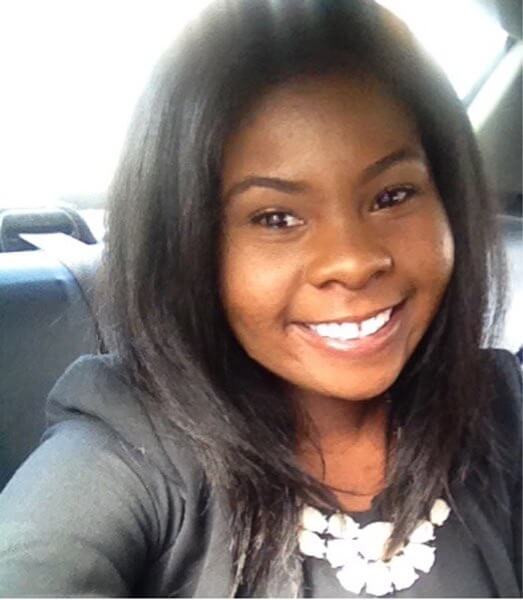By Patrick Donachie
An attorney who lives in Queens Village has founded a new non-profit that she hopes will bridge the gap between people of African descent living in the United States and people living on the African continent
Kerryanne Burke incorporated the African Diaspora Birthright Organization in August in hopes of funding a trip for people from the United States who are descendants of the trans-Atlantic slave trade to visit western African nations such as Nigeria or Ghana.
Burke started working as a legal associate for the state Assembly in 2013, involved with education policy, and the political process informed her approach to the new organization.
“Having been an Albany insider, learning about the ways politics works, and some of the pitfalls and positives, it let me know I want to do a direct service for people,” she said in an interview. “For me, I like to know I’m helping someone in a tangible fashion.”
Burke is a first-generation immigrant, with her mother originally from Britain and her father of Jamaican descent. She said her ancestry made her interested in helping others to build a sturdier foundation of identity.
“I thought it’d be nice to bring back that unity between us and Africans living on the continent. I find when you don’t deal with the foundation of the issue, you can’t move forward,” Burke said. “This is something to open up the conversation, to talk about slavery not only as an economic and social issue, but also losing your identity and what it means to be African.”
Burke said she has partnered with a Nigerian-based non-profit called UR 4 Africa. The proposed trip would last for at least a week, and Burke said the itinerary could include stops at museums and places that have preserved the holding cells where slaves were imprisoned prior to boarding ships bound for the Western Hemisphere. Travelers on the trip could also donate some of their time with local nonprofits, engaging in a cultural conversation with individuals living on the African continent.
Burke said the trip could have an impact on communities here at home, once the travelers return. She said it was paramount to help people in search of their identity.
“Some of the big issues are poverty, lack of jobs and violence, whether it be external like police brutality or a fragmented household. When I look at those, I see those as effects,” she said. “I see that as the foundational issue, that you kind of don’t know who you are if you’re in the world and you’re grasping at what it means to be black.”
Burke said she hoped the earliest trip would start in 2018 or 2019, and people could offer financial support for the organization at https://afric
“I would stress it’s about unification and love,” she said, “love for oneself and love for the world.”
Reach reporter Patrick Donachie by e-mail at pdona




































